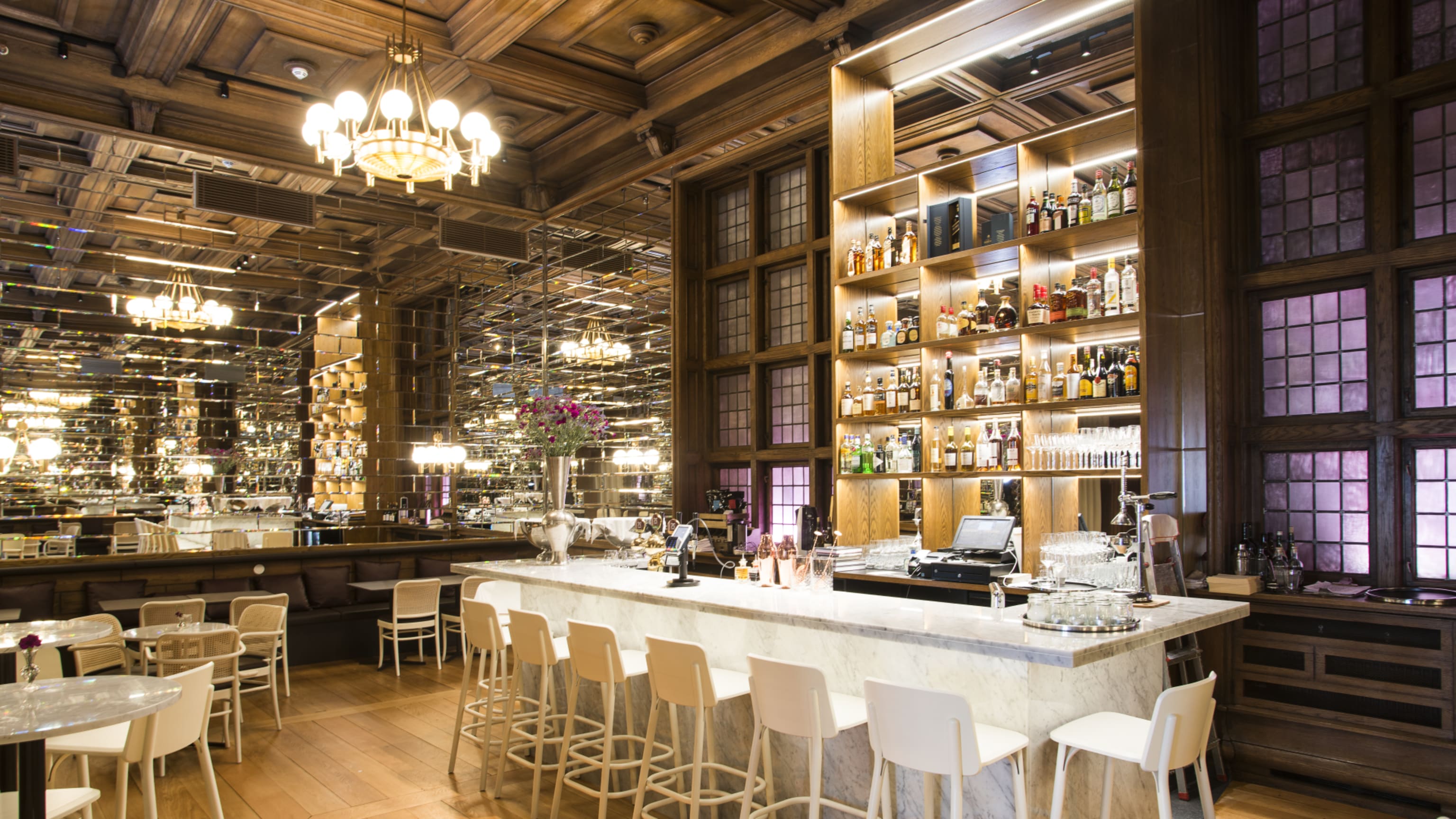There are many choices to be made before the big day, but it's the confirmand themselves who have to make the biggest decision of all: church or civil confirmation?
Celebration venue, table setting, cold buffet, hot buffet, and confirmation cake. Is your family celebrating a confirmation? If so, you can be sure that there is much to plan! The bunad (traditional national costume) must be embroidered, gifts must be bought, and invitations need to be sent out.
But first, the really big question must be answered: should the confirmand choose a religious or humanist confirmation?
What is a confirmation?
For centuries, confirmation has been a Christian ritual that marks the transition from childhood to adulthood. In the church context, the ritual marks a confirmation of baptism. You must therefore be baptised in the church to be able to be confirmed in the church.
In Norway, confirmation was introduced in 1736. and was actually enshrined in law right up until 1912. Did you know that if you weren't confirmed, you weren't allowed to get married?
Today, of course, you are not considered to be an adult until you are 18, even if you have been confirmed, and it is fortunately no longer a requirement that one must be confirmed before one can get married!
Learn all about confirmations here - and find a venue that suits you
The different types of confirmation
Although the custom originated in Christianity, there is another good alternative available for those who do not want to be affiliated with the Church of Norway.
Church confirmations
Confirmation in the Church of Norway has traditionally been the most common, and for a long time, only, way to be confirmed. Today, about 48 percent of all fifteen-year-olds choose to be confirmed in church.
The confirmation period in the church lasts six to eight months and includes teaching about God, Jesus and the Bible, but also more general topics such as friendship, human dignity, and justice. Classes are often combined with the confirmands travelling to a confirmation camp. On the day of the confirmation itself, the confirmand wears a white robe, which is a symbolic extension of the white christening gown.
Civil confirmations
A humanist confirmation is an alternative for young people who do not wish to be confirmed through the church, but who still want to mark an important time in their lives. Humanist confirmations were previously called civil confirmations.
Today, humanist confirmations are organised by the Norwegian Humanist Association. The very first humanist confirmations in Norway took place in 1951.
The course focuses on beliefs and ethics. Like church confirmations, there is a formal ceremony at the end of the course. The ceremony is often followed, as in church confirmations, by a celebration of the confirmand together with their closest family, relatives and friends.

Grand Hotel Terminus has a green garden right outside the venue.
Confirmation celebrations in Bergen - both big and small
Regardless of whether you choose a church or humanist confirmation, the celebration following ceremony is often the same. Common to most confirmands is their desire to have a party in beautiful banquet rooms, complete with place cards and a buffet.
No matter how you choose to be confirmed, De Bergenske has premises for both intimate family gatherings and big parties where the whole extended family gathers around the table. De Bergenske provides the framework for good conversations and fond memories that the confirmand will bring with them into adulthood. We welcome every confirmand and their guests, no matter what type of confirmation they choose!
Classic
Here are the event venues for those who prefer classic celebrations. The rich, historic surroundings create a warm and inviting atmosphere, while white tablecloths and excellent lighting provide an elegant setting for memorable gatherings with family and friends.
Large scale events
Urban & welcoming
Here you’ll find event venues ideal for a relaxed and welcoming confirmation celebration, perfect for those who want a warm, comfortable atmosphere without sacrificing quality or style. Both the young person’s friends and family can gather for a day filled with laughter and meaningful conversations. The venues are modern, centrally located in Bergen, and offer an inviting ambiance that sets the stage for a memorable celebration in a calm and pleasant setting.
Our restaurants

Frescohallen
A spectacular historic building and former stock exchange combined with a modern all-day restaurant and bar concept, Frescohallen is the place to be in Bergen.

Speilbaren
Speilbaren is a first-class wine and cocktail bar in Bergen, also offering an exclusive chambre séparée for private gatherings.

Amundsen Bar & Bistro
Named after legendary Polar explorer Roald Amundsen, Amundsen Bar & Bistro is has friendly bartenders, a prizewinning whisky selection, and a delightful food menu.

Wesselstuen
If you want to experience a traditional Bergen institution, stop by Wesselstuen – right in the centre of Bergen.

Omakase
MICHELIN-starred restaurant Omakase. Chef and world sushi champion Sergey Pak serves guests amazing omakase dishes made with local Bergen ingredients and masterful Japanese culinary art.

Frescohallen
A spectacular historic building and former stock exchange combined with a modern all-day restaurant and bar concept, Frescohallen is the place to be in Bergen.

Izakaya Skostredet
MICHELIN recommended Izakaya Skostredet offers Bergen’s most exciting and social Japanese street food experience, featuring light, exquisite dishes crafted from the freshest local ingredients.

Engen Steakhouse
Engen is a premium steakhouse in the heart of Bergen that focuses on pure flavours and the very finest cuts.


Matbaren
Matbaren at Zander K Hotel serves up a vibrant atmosphere from morning until late, and dishes based on locally sourced organic ingredients.

Bjerck Restaurant & Bar
Bjerck – a vibrant restaurant offering delicious seafood and Bergen’s best views of the harbour, historic Bryggen, and bustling street life.










